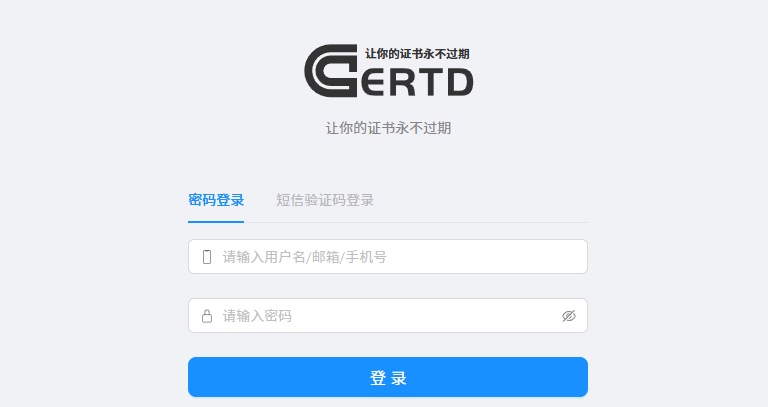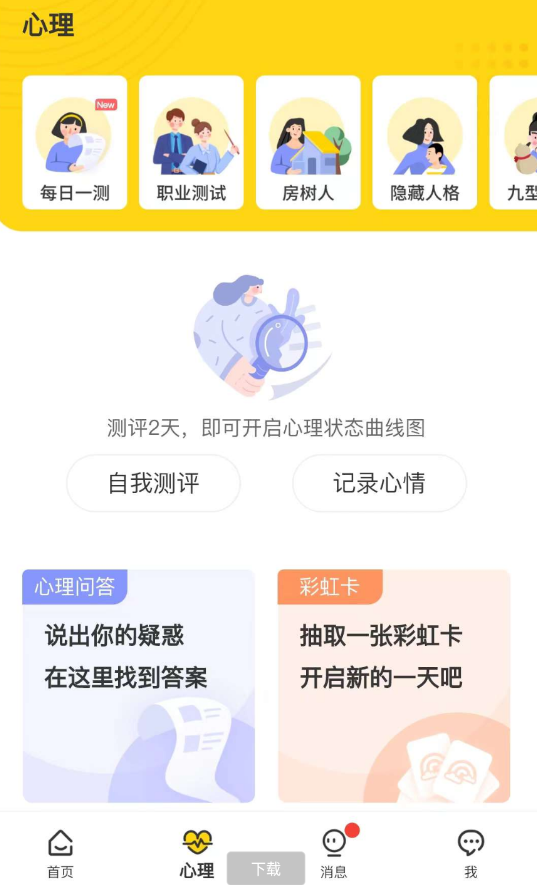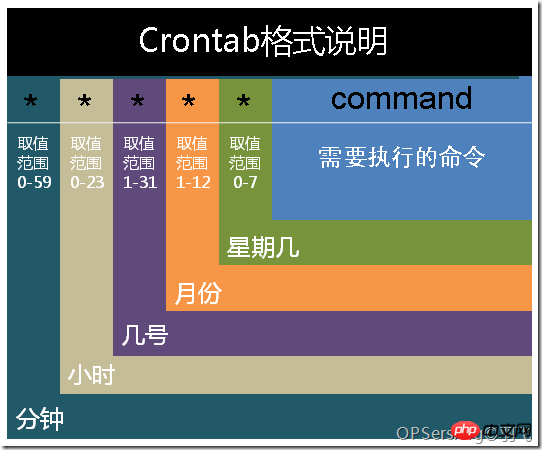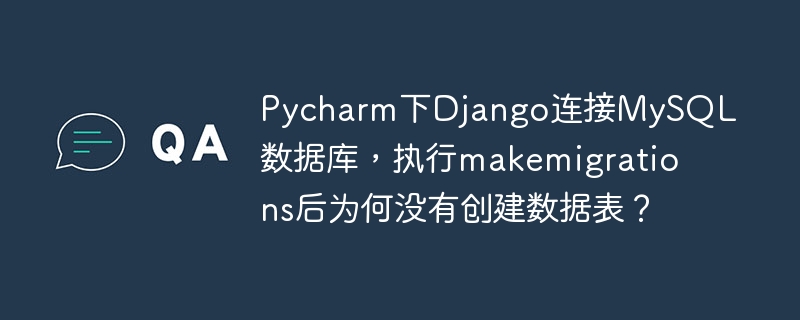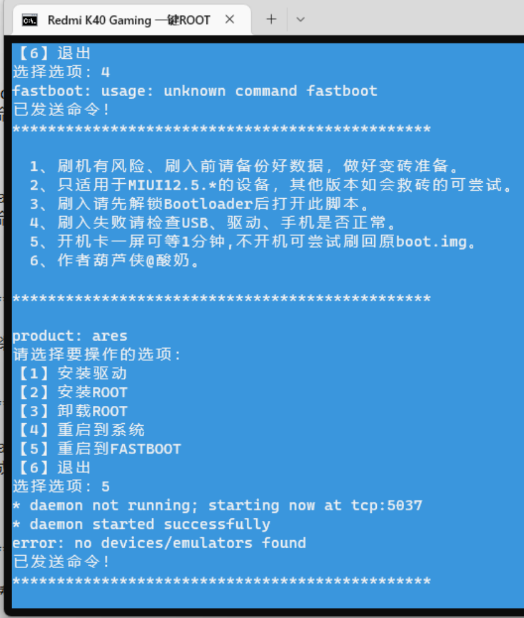nginx参数调优worker_processes 3; //cpu内核数目-1 ,使用下来效果较好 #worker_processes 4;#worker_cpu_affinity 0001 0010 0100 1000;#error_log logs/error.log;#error_log logs/error.log notice;#error_log logs/error.log info;#pid logs/nginx.pid;events { use epoll; worker_connections 8192; } http { include &
1. 关于参数调优的详细介绍

简介:nginx参数调优worker_processes 3; //cpu内核数目-1 ,使用下来效果较好#worker_processes 4;#worker_cpu_affinity 0001 0010 0100 1000;#error_log logs/error.log;#error_log logs/error.log notice;#error_log logs/error.log…
2. 关于参数调优的详细介绍

简介:在做一个项目的时候,采用了前后端分离的结构设计,后台设计的rest风格的http接口既需要满足后台服务调用,也需要满足前端直接采用ajax调用,于是碰到了跨域问题, 后台采用的是spring mvc结构, HTTP方法支持get、post、put、delete、option等方法,由于在post调用的时候,前端http会先采用option到服务器端,204了之后再提交请求数据,除了在nginx层面…
3. 关于参数调优的详细介绍
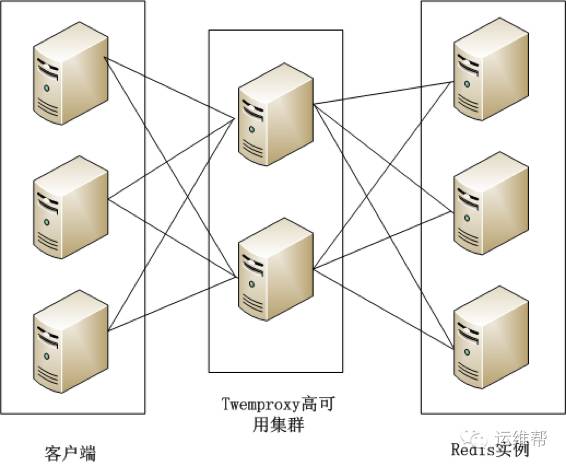
简介:本篇文章主要介绍了linux服务器集群部署:之nginx配置,对于PHP教程有兴趣的同学可以参考一下。
4. 关于参数调优的详细介绍

简介:本文注重配置记录,chroot(jail)作用好处不再赘述。本文分三部分讲述:配置基本的chroot jail,nginx配置chroot jail,tomcat配置chrootjail。1.配置基本的chroot jail1.1.创建一个目录,作为chroot jail的根目录。# mkdir /home/chroot/jail1.2.使用ldd命令,找出你想在chroot jail中想运行的命…
5. 关于参数调优的详细介绍

简介:ZKEACMS Core 是基于 .net core 开发的,可以在 windows, linux, mac 上跨平台运行,接下来我们来看看如何在 CentOS 上使用Jexus托管运行 ZKEACMS,通常我们在Linux部署ASP.NET Core应用,按照微软的官方文档,我们通常需要Nginx 搭配 Systemd (https://docs.microsoft.com/en-us/aspn…
6. 关于参数调优的详细介绍
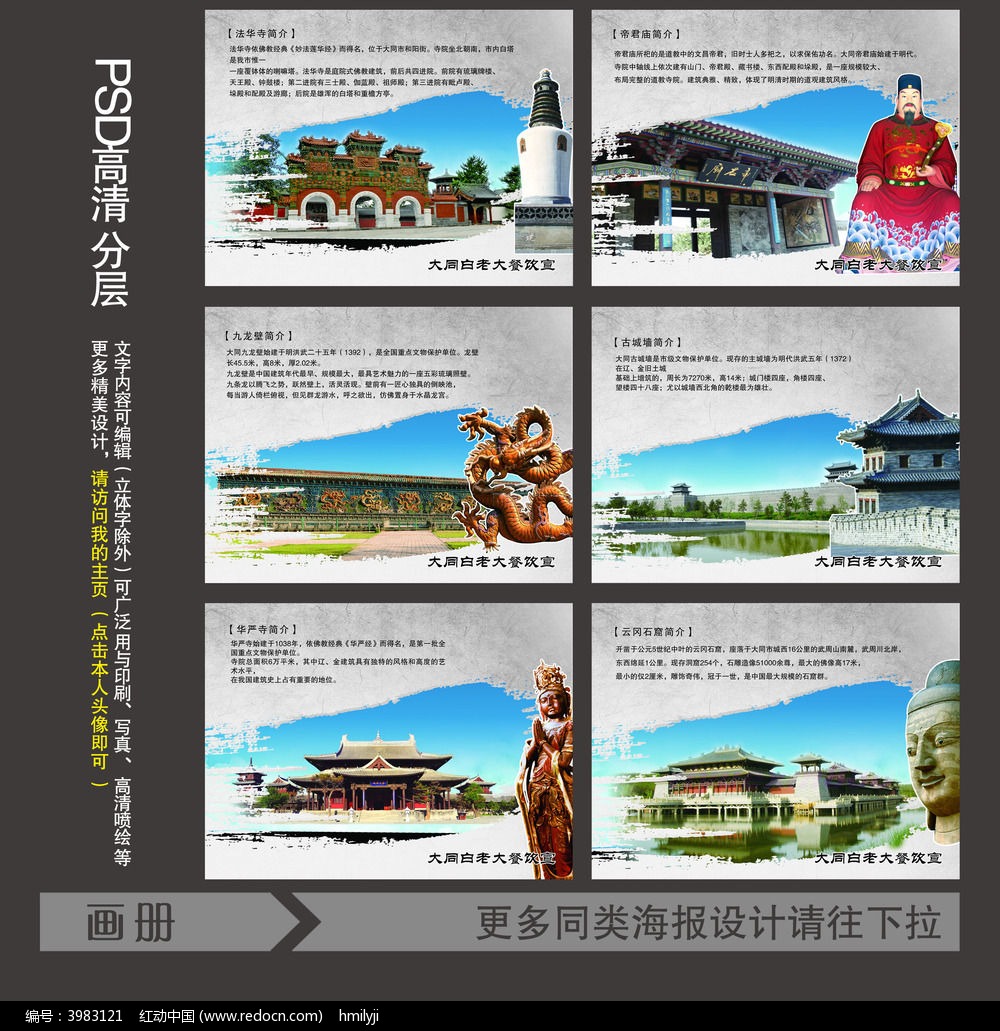
简介:Nginx 服务绑定域名的方法以 YUM 安装的 Nginx 为例,域名绑定需要编辑 Nginx 的配置文件完成,Nginx 配置文件是 /etc/nginx/nginx.conf,将默认的server {…}配置修改成如下:修改后的意思是:1、访问 www.123.com,会跳转到 /home/web1 目录;2、访问 www.abc.com,会跳转到 /home/web2 目录。修改之后重…
7. 关于参数调优的详细介绍

简介:Linux下查看Nginx等的并发连接数和连接状态。1、查看Web服务器(Nginx Apache)的并发请求数及其TCP连接状态: netstat -n | awk ‘/^tcp/ {++S[$NF]} END {for(a in S) print a,&n
8. 关于参数调优的详细介绍

简介:Linux下查看Nginx等的并发连接数和连接状态。1、查看Web服务器(Nginx Apache)的并发请求数及其TCP连接状态:netstat -n | awk & 39;
9. 关于参数调优的详细介绍

简介:下面小编就为大家带来一篇LINUX中NGINX反向代理下的TOMCAT集群(详解)。小编觉得挺不错的,现在就分享给大家,也给大家做个参考。一起跟随小编过来看看吧
10. 关于参数调优的详细介绍

简介:这篇文章主要为大家详细介绍了Linux中Nginx的安装教程,具有一定的参考价值,感兴趣的小伙伴们可以参考一下
【相关问答推荐】:

每个人都需要一台速度更快、更稳定的 PC。随着时间的推移,垃圾文件、旧注册表数据和不必要的后台进程会占用资源并降低性能。幸运的是,许多工具可以让 Windows 保持平稳运行。

-
1970-01-01 08:00:00
-
1970-01-01 08:00:00
-
1970-01-01 08:00:00
-
1970-01-01 08:00:00
-
1970-01-01 08:00:00
-
1970-01-01 08:00:00
-
1970-01-01 08:00:00
-
1970-01-01 08:00:00
-
1970-01-01 08:00:00
-
1970-01-01 08:00:00









